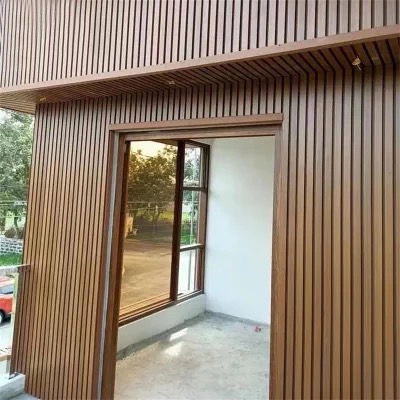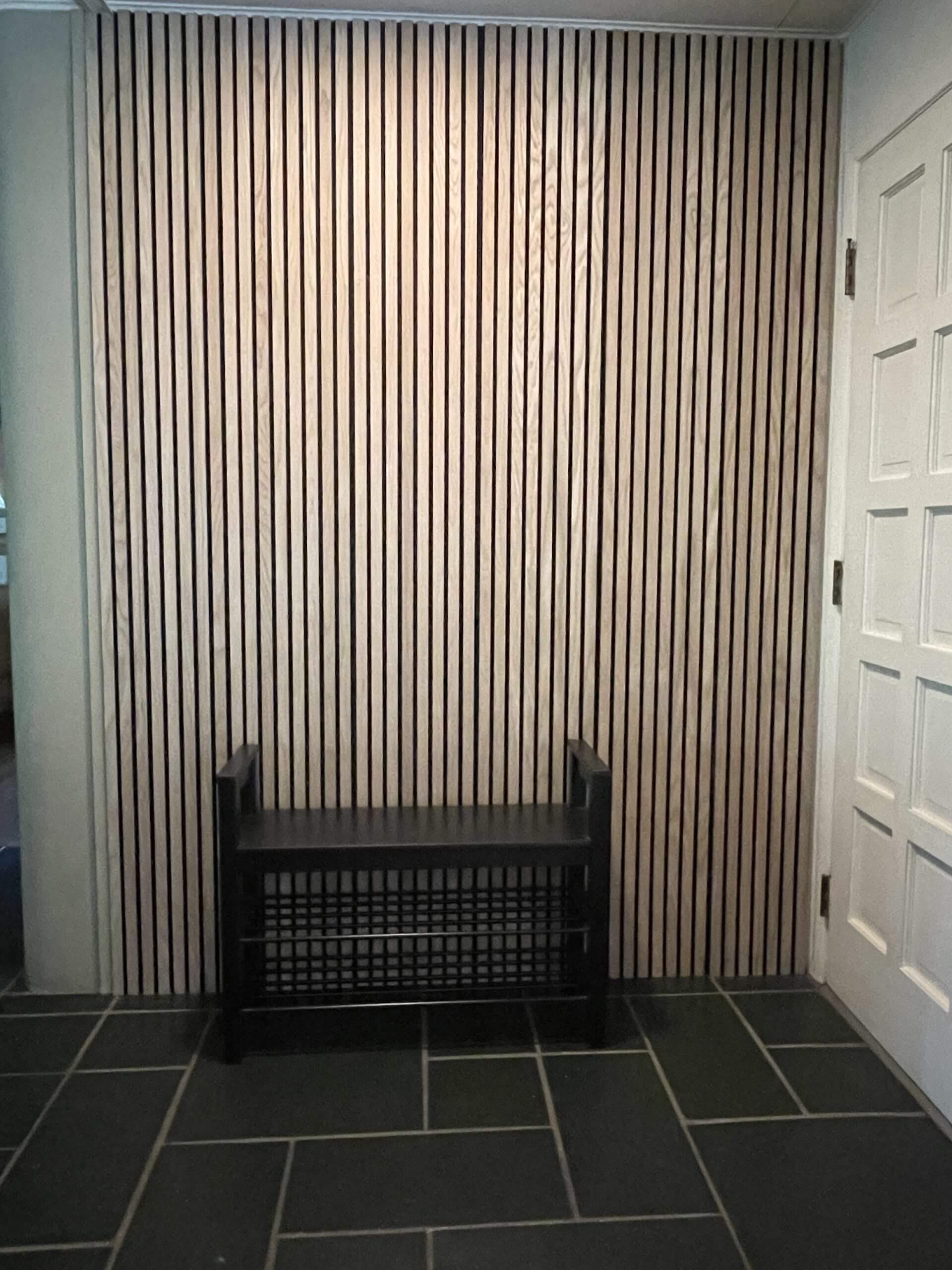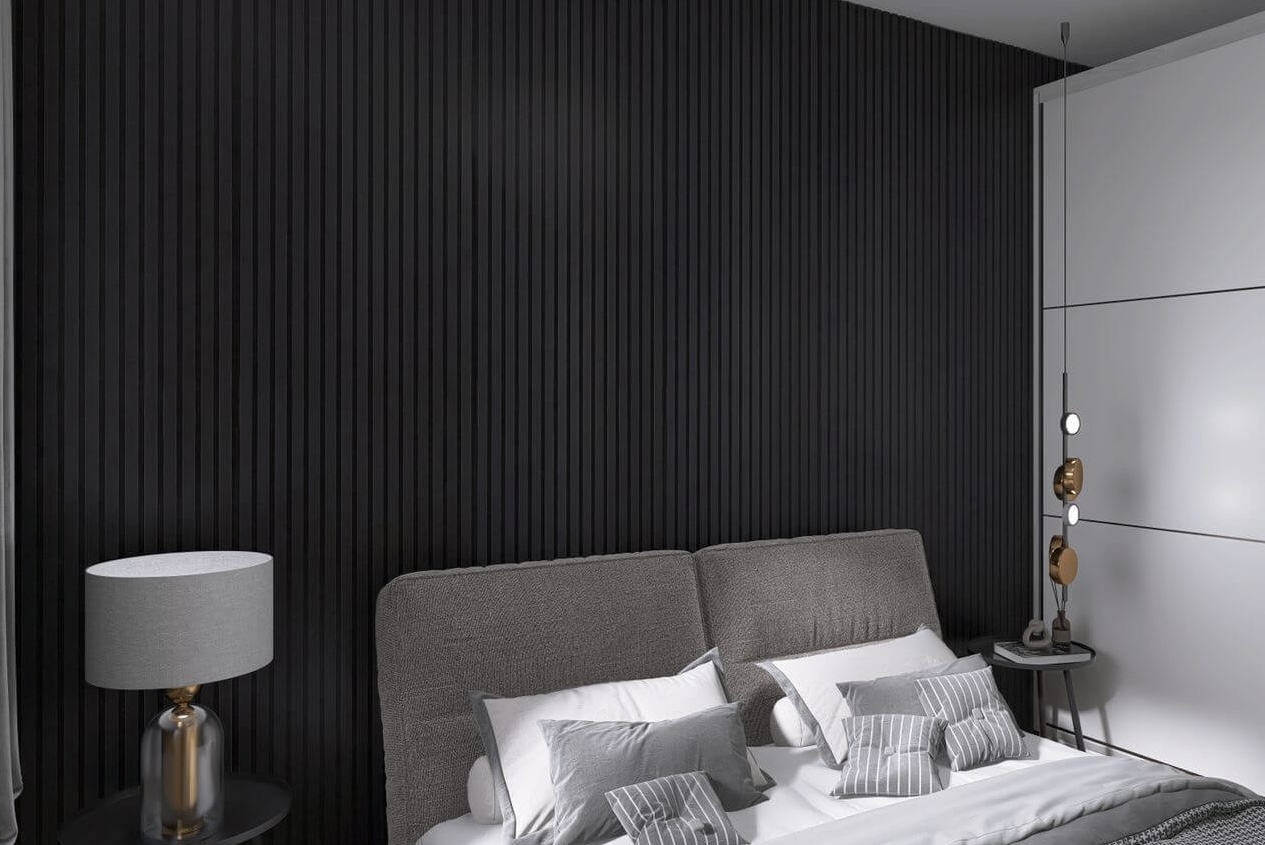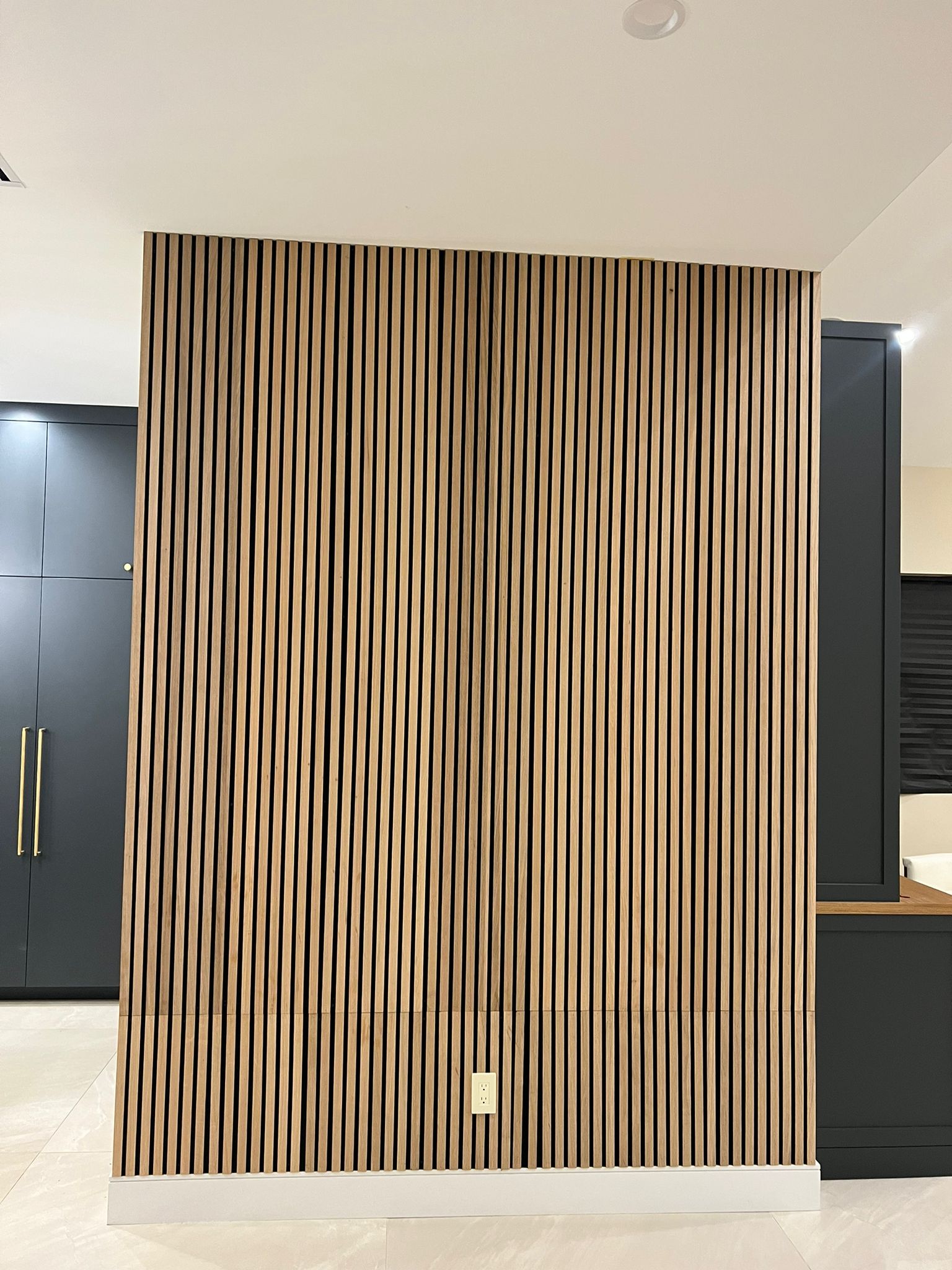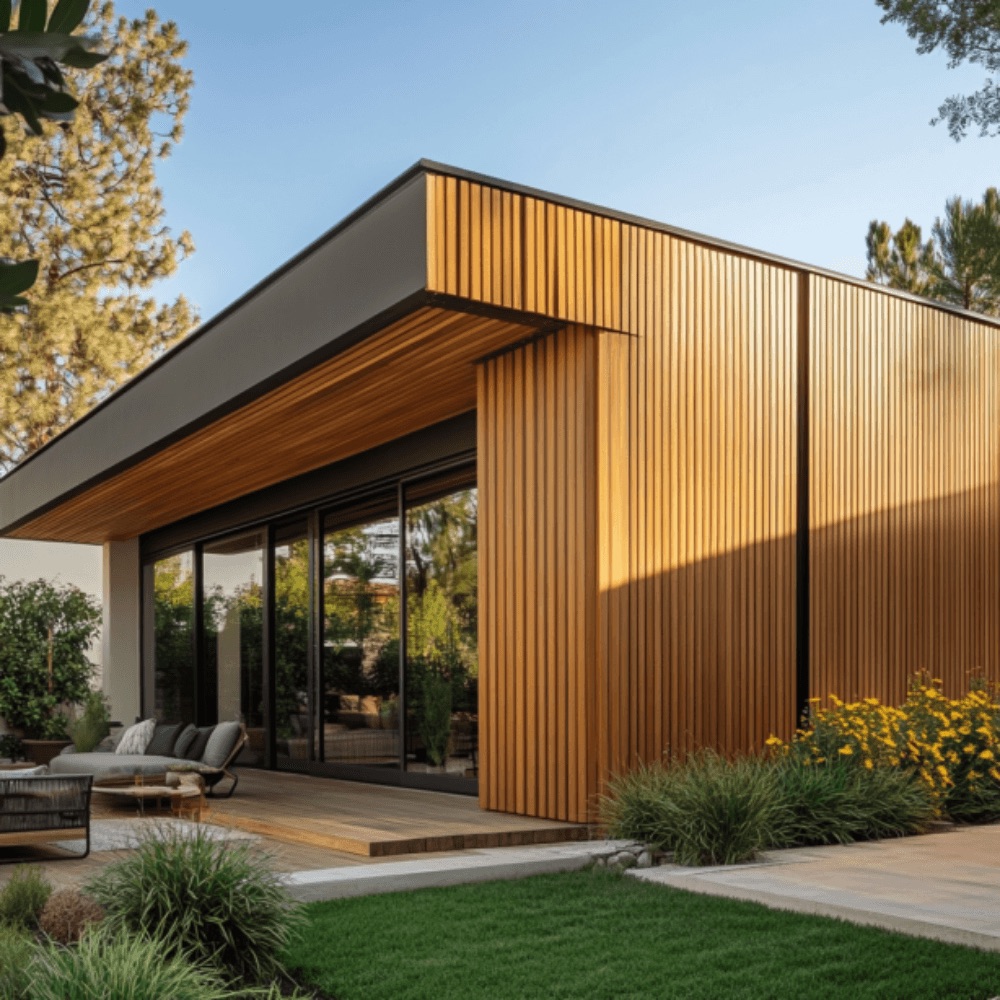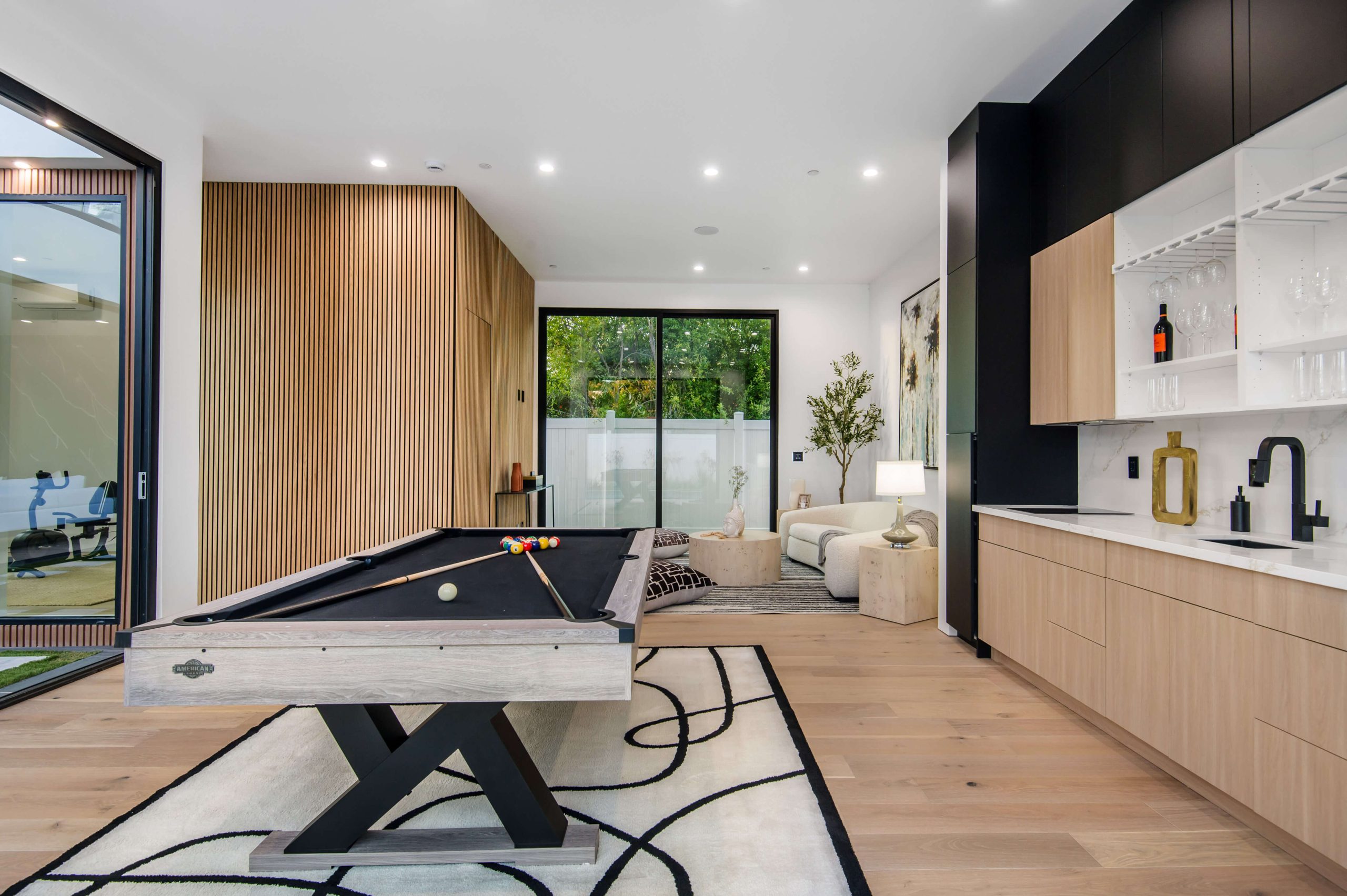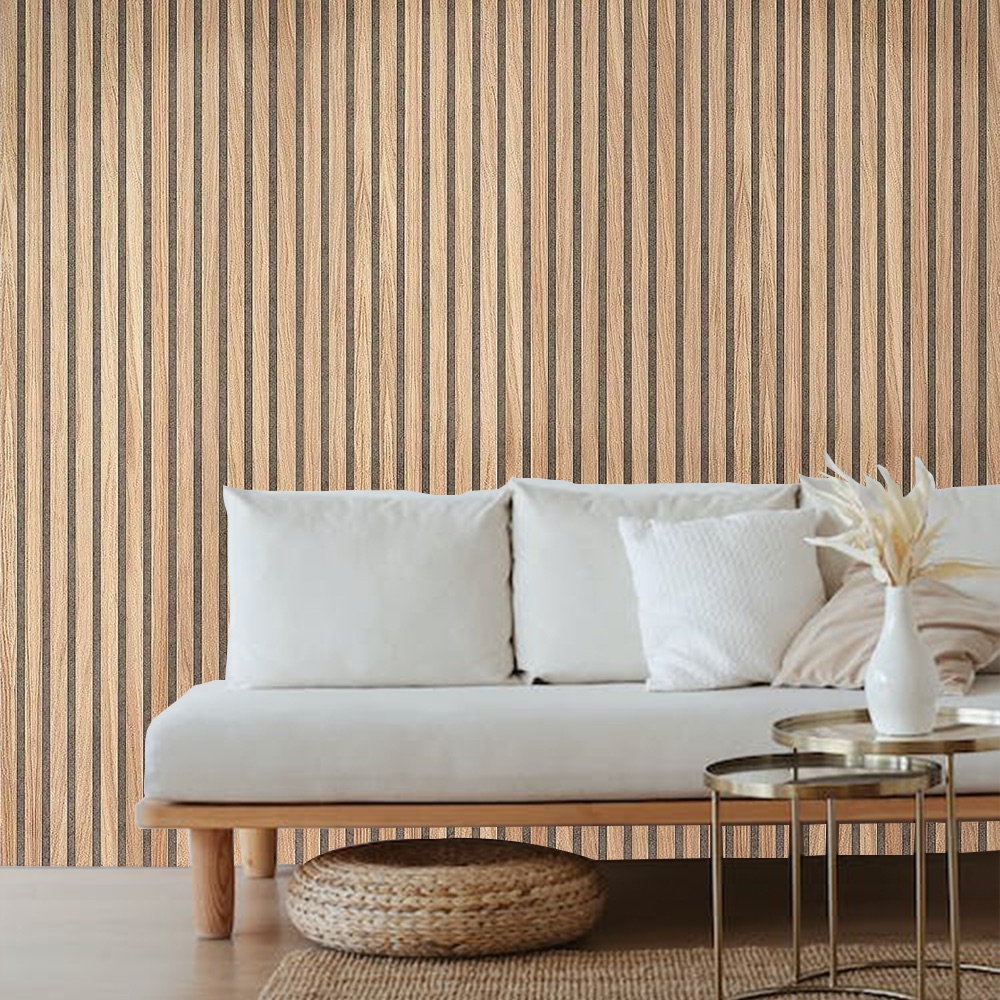When it comes to home improvement, one of the most common concerns homeowners face is how to prevent termite damage. Termites are tiny but mighty pests that can wreak havoc on wooden structures, including walls, furniture, and paneling. This is where PVC paneling comes into the spotlight, often marketed as a termite-proof solution. But is PVC paneling really termite proof? Let’s dive deep into this topic to uncover the truth and help you make an informed decision.
Understanding PVC Paneling and Its Composition
To understand why PVC paneling is touted as termite-proof, it’s essential to know what it’s made of. PVC stands for polyvinyl chloride, a type of plastic that is both durable and resistant to environmental factors like moisture and heat. Unlike wood, which is organic and appealing to termites, PVC is entirely synthetic, offering no food source for these pests.
Here’s a simple comparison between PVC and wood paneling:
| Feature | PVC Paneling | Wood Paneling |
|---|---|---|
| Material Composition | Synthetic (polyvinyl chloride) | Organic (natural wood) |
| Resistance to Termites | High | Low to moderate |
| Maintenance Requirements | Minimal | Regular sealing/varnishing needed |
| Cost | Affordable to mid-range | Can be expensive, depending on type |
PVC paneling’s synthetic nature is the primary reason why it is considered termite-proof. Termites simply cannot digest or thrive on materials that are non-organic, making PVC an unattractive option for their nests or feeding.
Benefits of Choosing PVC Paneling
Now that we’ve established the termite resistance of PVC paneling, it’s worth exploring the other advantages this material offers. Homeowners often look for solutions that provide more than just pest resistance, and PVC paneling delivers in several areas:
- Moisture Resistance: PVC panels are waterproof, making them an excellent choice for damp areas like bathrooms, basements, and kitchens.
- Ease of Installation: PVC panels are lightweight and often come with interlocking systems that make them easy to install, even for DIY enthusiasts.
- Low Maintenance: Unlike wood, PVC doesn’t require regular sealing, polishing, or painting. A simple wipe-down with a damp cloth is enough to keep it clean.
- Aesthetic Appeal: PVC paneling is available in a variety of finishes, including those that mimic wood grain, offering a stylish look without the hassle of real wood.
- Cost-Effectiveness: Compared to hardwood or other premium materials, PVC paneling is a budget-friendly option.
What Makes PVC Paneling Termite Proof?
The keyword here is “proof,” which implies resistance rather than invincibility. While PVC paneling is inherently termite-proof due to its composition, it’s important to address any misconceptions:
- Non-Biodegradable Nature: Since PVC is plastic, it doesn’t provide the cellulose that termites need to survive. Termites won’t eat PVC or build their colonies within it.
- Resistance to Moisture: Termites thrive in moist environments, and since PVC doesn’t absorb water, it doesn’t create a favorable environment for termites to inhabit.
- Seamless Installation: The interlocking design of PVC panels minimizes gaps where termites or other pests could potentially enter.
It’s essential to note that while PVC paneling itself is termite-proof, improper installation or surrounding wooden elements could still attract termites. For instance, if PVC paneling is installed over a wooden frame that’s already infested, termites might persist in the underlying wood. To ensure maximum effectiveness, all wooden structures should be treated with termite-resistant chemicals before PVC installation.
Real-Life Scenarios: PVC Paneling in Action
To truly understand the advantages of PVC paneling, let’s look at a few practical applications:
- Home Renovations: A family in Florida replaced their wooden kitchen walls with PVC paneling due to recurring termite issues. The result? A modern, termite-free kitchen that’s also easier to maintain.
- Commercial Spaces: Restaurants and cafes often choose PVC paneling for its hygiene benefits and resistance to pests. One café owner in New York shared how switching to PVC paneling reduced pest complaints by 90%.
- Basements and Bathrooms: These areas are particularly vulnerable to moisture and termites. PVC paneling not only prevents pest issues but also adds a sleek, contemporary look to otherwise overlooked spaces.
Common Misconceptions About PVC Paneling
Despite its benefits, there are some myths about PVC paneling that deserve clarification:
- “PVC looks cheap and plastic-like.” Modern PVC paneling comes in a variety of finishes, including wood-like textures, making it almost indistinguishable from natural materials.
- “PVC isn’t environmentally friendly.” While PVC is not biodegradable, many manufacturers are adopting recycling programs to reduce its environmental impact.
- “PVC doesn’t last as long as wood.” On the contrary, PVC paneling can last decades with minimal maintenance, outperforming untreated wood in terms of durability.
Quick Facts About PVC Paneling
To summarize, here are some quick points about PVC paneling and its termite-proof qualities:
- Termite resistance: 100% due to synthetic composition.
- Suitable for high-moisture areas.
- Durable and long-lasting.
- Available in a range of aesthetic options.
- Affordable and low maintenance.
FAQs: Answering Your Burning Questions
Can termites damage PVC paneling?
No, termites cannot damage PVC paneling as it doesn’t contain organic material for them to consume.
Is PVC paneling suitable for outdoor use?
Yes, PVC paneling is UV-resistant and weatherproof, making it an excellent choice for outdoor applications.
Does PVC paneling require special cleaning products?
No, PVC paneling can be cleaned with a damp cloth and mild detergent, making it easy to maintain.
How does PVC paneling compare to aluminum panels?
While both are termite-proof, PVC is often more affordable and offers a wider range of aesthetic finishes compared to aluminum.
Can PVC paneling be painted?
Yes, although it’s available in many pre-finished options, PVC paneling can be painted with the appropriate paint for plastic surfaces.
In conclusion, is PVC paneling really termite proof? Absolutely! Its synthetic, non-organic nature makes it an excellent choice for homeowners looking to protect their spaces from termites while enjoying the additional benefits of durability, moisture resistance, and easy maintenance. By choosing PVC paneling, you’re not just investing in a pest-free solution but also in a stylish and practical upgrade for your home.

